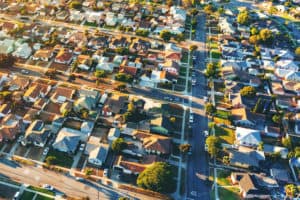The balcony collapse at U. C., Berkeley in 2015, killing six people, was caused by a series of preventable failures. The balcony was poorly designed, badly constructed, and not inspected and maintained effectively.
To target this safety measure gap, the Senate passed Senate Bill 721 (SB721) in January (the bill is currently at the State Assembly as of this writing), which requires properties with three or more residential units to have professional inspections once every six years. The inspections are to be funded by the property owners and include an examination of 15% of all exterior wooden structures and supports designed for people to walk on. These structures are features such as balconies, of course, but also stairways, walkways, entryways, decks, and porches.
These inspections will be costly to Homeowner Associations and will need to be budgeted for since the inspections must be executed by a licensed building professional or engineer. As such, it is recommended that associations work with their Reserve Study service provider during their first round of inspections since builders will be able to project expenditures and the time-cost of these inspections. To help with the cost burden, HOA’s will need to plan accordingly and can collect the fees evenly over the six years between inspections.
Associations can also consider the proactive benefits of these inspections. By identifying structural defects early on, repair measures and associated costs will be less drastic. Repairs involving a potential safety hazard should always be addressed when first noticed. Aesthetics always come second. Click HERE to see why!
Another outcome of SB721 is that Reserve Studies will receive a lot of data through feedback. This data on the conditions of external wooden walking structures can be used to enhance cost calculations and to make maintenance and repair plans more accurate.







